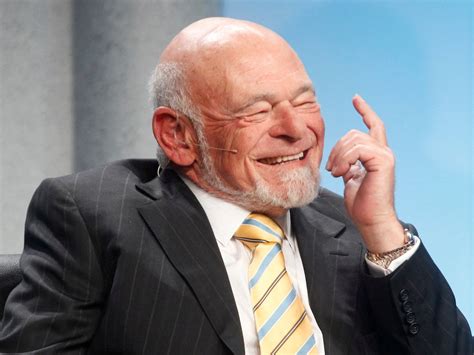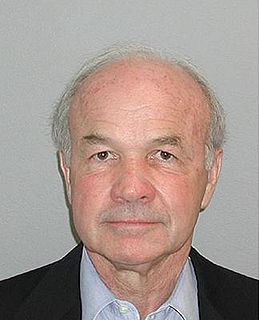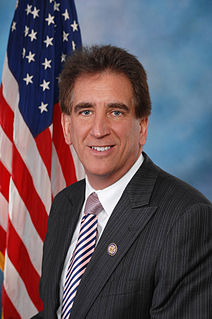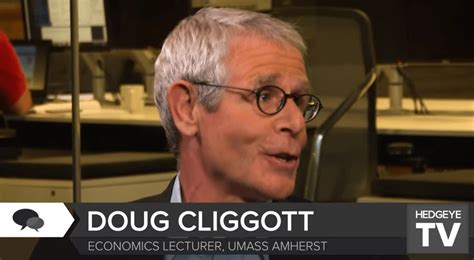A Quote by Sam Zell
Interest rates are going to go up because employment is going to go up. If employment goes up, then our apartments get filled. And if employment goes up, our office buildings get filled. The reality is that increased economic activity combined with increased interest rates is basically bullish for real estate.
Related Quotes
Central banks have gotten out of the central banking business and into the central planning business, meaning that they are devoted to raising up-if they can-economic growth and employment through the dubious means of suppressing interest rates and printing money. The nice thing about gold is that you can't print it.
We live in a global market and money's fungible and hedge fund private equity is looking for momentum plays, and there ain't no momentum plays in bonds, right? When the interest rates were spiking up or down, well they never really spike down they do spike up though. Something's got to happen, there's got to be motion, the dice has to be rolling on the board, and if it's not then they're not going to play because they're not going to get the adrenaline rush from looking at... you know, money markets fund interest rates or bond interests or whatever. It's got to be sexy.
The problem is that you're creating a system of bubble finance where interest rates are so low that people can speculate. An asset value goes up. You put it up as collateral. You borrow against it. You buy more of the asset. You then take the rising asset. You borrow against it again. This is the nature of what's going on in the world. This isn't an excess of real savings. This is an excess of artificial credit that's being fueled by all the central banks.
We don't know what our health care costs are going to be. We don't know what our tax rates are going to be. We don't know what our interest rates are going to be. We don't know what our energy costs are going to be. All these uncertainties are being driven by the Government's agenda. What we really need to do is get Government to step back.
The key is if the economic data stays soft, maybe we don't have to worry much about interest rates anymore. Then we need to worry about earnings. What gave us a really strong move in stock prices from late May until about two weeks ago was this heightened optimism that maybe interest rates are at that high. That gave you a relief rally. Now reality is setting in - if we've seen the worst on interest rates then we've seen the best on earnings.
If you put Canada into $1.5 trillion in debt and interest rates go up just 200 basis points, you cannot provide the services to 36 million people that were guaranteed to them in the social contract they have with Canada. That's a very, very scary prospect. You can't burden this economy with that much debt. The risk you take on is insurmountable. You have to assume for the next 50 years that rates don't go up? That's insane. That's irresponsible. That's stupid.


































